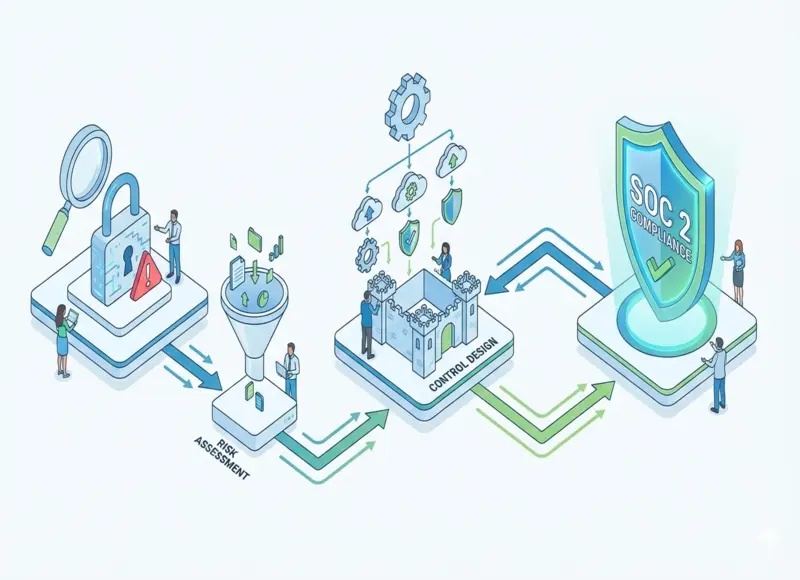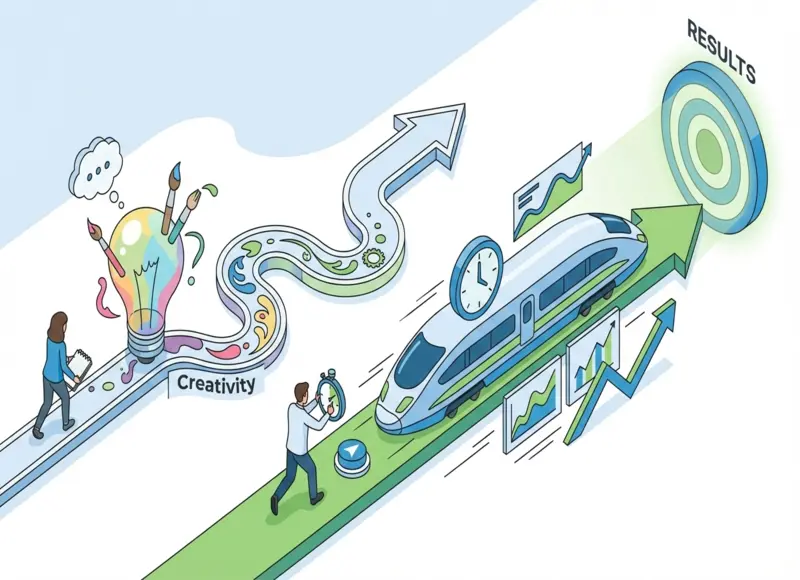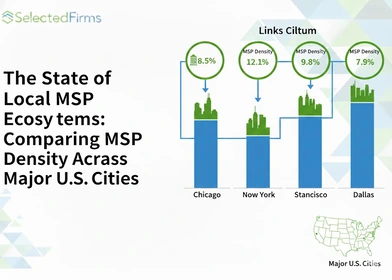Table of Contents
Explore the pivotal role of a dedicated development team in Strategic IT Support Levels, driving innovation and efficiency for sustainable business growth.

In the rapidly evolving landscape of technology, the intersection of IT support and dedicated development teams is pivotal for the success of businesses. This article delves into the three-tiered structure of IT support – L1, L2, and L3 – and explores the strategic advantages of hiring a dedicated development team. Understanding how these elements work in harmony is essential for organizations aiming to thrive in a digitally driven environment.
IT Support Levels: A Three-Tiered Approach
L1 Support: The Frontline Resolvers
Swiftly handling common IT issues, with specialized technical expertise, L1, L2, and L3 support levels, representing the highest tier, excel in resolving complex challenges and implementing long-term solutions. L1 support represents the frontline of IT assistance, dealing with initial customer or user inquiries. In the context of IT support, this level handles fundamental issues and inquiries, often providing quick resolutions. L1 support is like the first line of defense, addressing common problems and ensuring end-users can navigate everyday challenges without hindrance.
L2 Support: Technical Expertise Unleashed
Moving up the support hierarchy, L2 support involves more specialized technical expertise. Professionals at this level delve deeper into issues that go beyond routine troubleshooting. They are equipped to handle complex challenges, often requiring a more in-depth understanding of systems and applications. L2 support ensures that more intricate technical problems are effectively addressed, contributing to the overall stability of IT systems.
L3 Support: Masters of Complexity
L3 support represents the highest tier of technical support. Professionals at this level are masters of complexity, dealing with issues that require an in-depth understanding of the software's architecture and underlying systems. L3 support often involves:
- Critical problem resolution.
- Conducting root cause analyses.
- Collaborate closely with development teams to implement long-term solutions for future business goals.
Those long-term solutions can change the whole picture of the brand and support it with full-proof solutions.
The Dynamics of a Dedicated Development Team
Strategic Collaboration
When organizations decide to elevate their projects, they often hire a dedicated development team, leveraging a collective force capable of navigating complex tasks with efficiency and innovation. A dedicated development team, more than a group of individuals working on coding tasks, is a strategic collaboration of developers, designers, testers, and project managers united by a common goal.
Such a team operates as a cohesive unit, combining diverse skill sets to transform ideas into functional and impactful software solutions, bringing out the quality of projects and emphasizing the quality of products or projects delivered.
Adaptability and Continuous Learning
The software development industry is always changing and requires constant adaptation and learning. A dedicated development team thrives on adaptability, embracing new technologies, methodologies, and industry trends. Regular training sessions and a culture of continuous learning contribute to the team's resilience and innovative capacity. They also boost their confidence in experimenting with new technology and researching upcoming technologies.
Efficient Collaboration
Collaboration is the cornerstone of a dedicated development team's success. Open communication channels, regular team meetings, and collaborative tools ensure that every team member is aligned with project goals. Efficient collaboration minimizes the risk of miscommunication, streamlines workflows, and fosters a culture of shared responsibility. This gives the team new ideas and saves time to complete any task.
IT Support and Dedicated Development Teams
L1 Support and Developer Productivity
L1 support ensures that developers can focus on core tasks without being hindered by routine technical issues. Quick resolutions to common problems contribute to developer productivity and allow them to work freely without mundane tasks, hindrances, or unnecessary piled-up tasks.
L2 Support and Technical Excellence
The specialized expertise of L2 support enhances the technical excellence of the development team. It guides developers on complex technical challenges and ensures optimal utilization of development tools.
L3 Support and Software Stability
L3 support plays a crucial role in maintaining the stability and reliability of the software developed by the team. By addressing complex issues and conducting in-depth analyses, L3 support contributes to the overall quality of the software.
Boosting Development Team Capabilities
Access to Special Skills
A dedicated development team provides businesses access to a specialized skill set tailored to their project requirements. This strategic approach ensures the team has the right talent to address complex challenges effectively. And their skills are helpful enough to boost any project and sudden requirements.
Focused Collaboration
A dedicated software development team operates with a singular focus on the project at hand. The team members are aligned with the project's objectives, fostering a collaborative environment that enhances efficiency and delivery timelines. It brings new ideas and pushes everyone's limits to deliver the best solutions.
Adaptability and Innovation
The adaptability ingrained in a dedicated development team allows for rapid responses to changing project requirements. This agility promotes innovation, enabling the team to explore new technologies and methodologies that can elevate the quality of the software being developed.
Final Thoughts
Organizations find the key to unlocking success in the digital age in the intricate dance between IT support levels and dedicated development teams. The three-tiered approach of L1, L2, and L3 support ensures that technical challenges are met precisely. At the same time, a dedicated development team brings forth the innovation and expertise needed to create impactful software solutions.
As businesses navigate the complexities of the digital landscape, understanding the symbiosis between IT support and dedicated development teams becomes imperative. By strategically leveraging the strengths of each, organizations can not only address current challenges but also position themselves for sustained success in the ever-evolving world of technology.
Companies that allow collaborative cooperation between IT support and specialized development groups are better prepared to survive in an era of perpetual change, when the only constant is technical growth. A forward-thinking combination of support and development abilities elevates businesses beyond mere problem-solving, allowing consumers to shape their technological future actively. As digitization progresses, it becomes clear that striking a balance between these notions is more than just a corporate strategy; it is a label for firms hoping to survive and thrive.
Recent Blogs
Scaling Smarter: How Property Management Software Simplifies Rental Management
-
10 Feb 2026
-
6 Min
-
34
The State of Local MSP Ecosystems: Comparing MSP Density Across Major U.S. Cities
-
06 Feb 2026
-
7 Min
-
260









